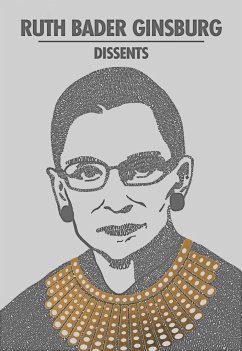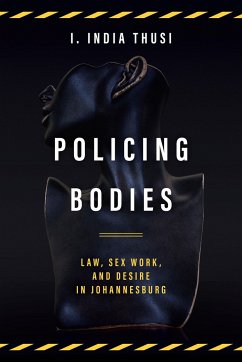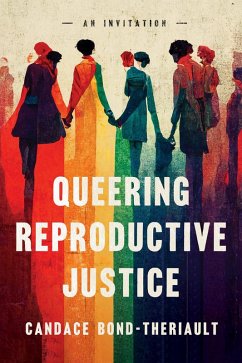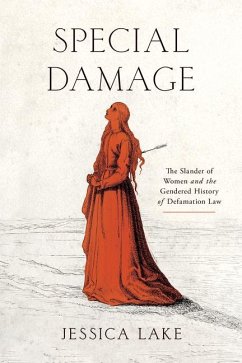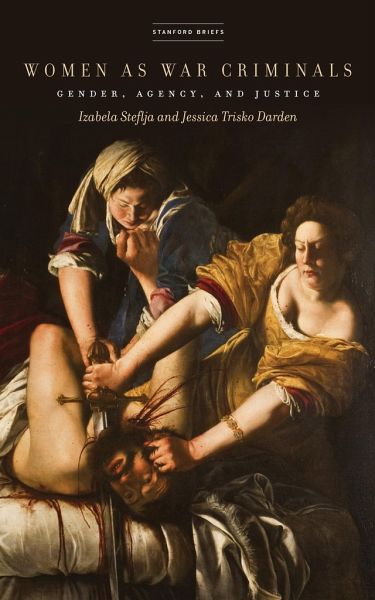
Women as War Criminals
Gender, Agency, and Justice

PAYBACK Punkte
10 °P sammeln!
"Women war criminals are far more common than we think. From the Holocaust to ethnic cleansing in the Balkans to the Rwandan genocide, women have perpetrated heinous crimes. Few have been punished. Women who have committed war crimes go unnoticed because their very existence goes against our assumptions about war and about women. Biases that contend that women are peaceful and innocent prevent us from "seeing" women as war criminals. They also work to prevent post-conflict justice systems from assigning women blame. We argue that women are just as capable as men in committing war crimes and cr...
"Women war criminals are far more common than we think. From the Holocaust to ethnic cleansing in the Balkans to the Rwandan genocide, women have perpetrated heinous crimes. Few have been punished. Women who have committed war crimes go unnoticed because their very existence goes against our assumptions about war and about women. Biases that contend that women are peaceful and innocent prevent us from "seeing" women as war criminals. They also work to prevent post-conflict justice systems from assigning women blame. We argue that women are just as capable as men in committing war crimes and crimes against humanity. They are also uniquely adept at using gender instrumentally to fight for better conditions and reduced sentences when war ends. We examine four legal cases to demonstrate this: the President (Biljana Plavésiâc), the Minister (Pauline Nyiramasuhuko), the Soldier (Lynndie England), and the Student (Hoda Muthana). The intersection of gender, the ideological commitment, age, race, nationality, religion, rank, and institutional membership of these women influenced their treatment by legal systems and their ability to mount a gendered defense of their actions. The political context and motivations of the courts that handled their cases also shaped the legal outcomes. Justice, ultimately, is not blind to gender"--






